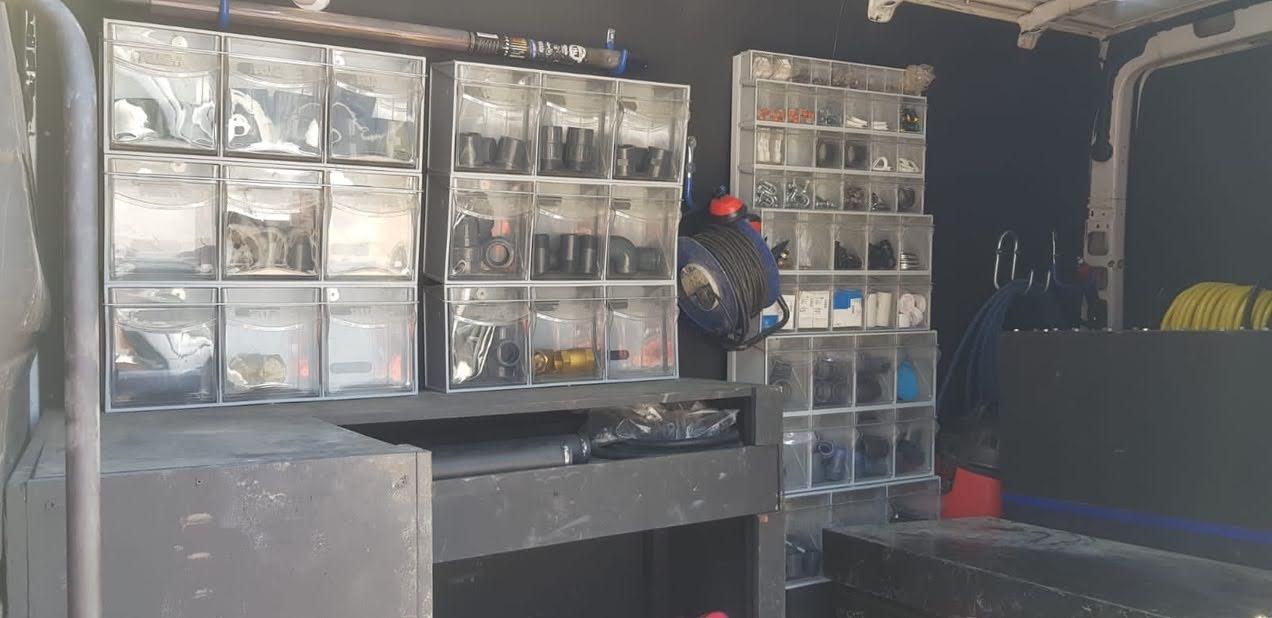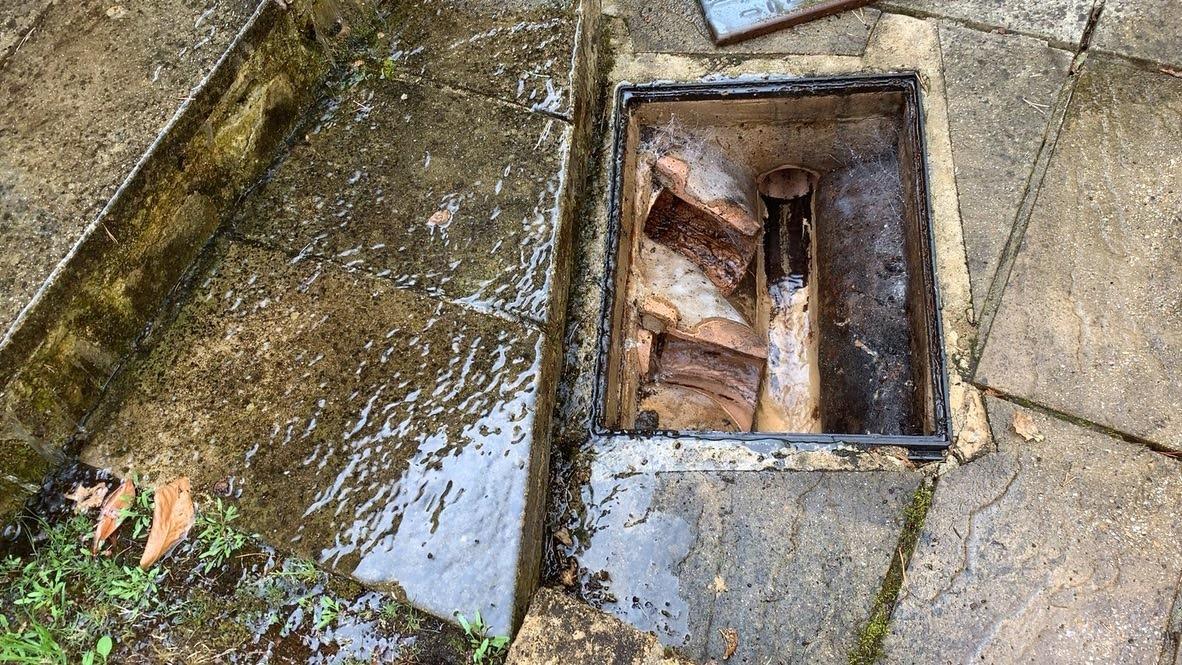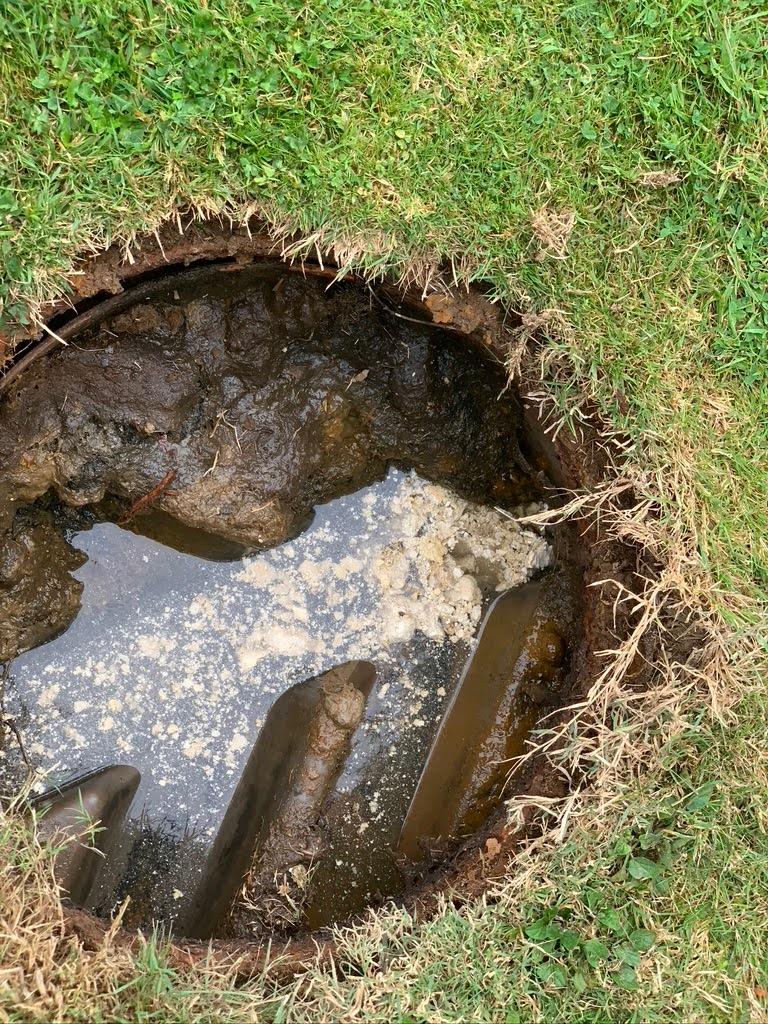General Maintenance & Surface Water Guidance for Treatment Systems

At ASL Limited, we are committed to helping you keep your treatment system functioning efficiently. Below is some helpful guidance on essential maintenance practices and common issues related to surface water, chemicals, fats, grease and waste disposal units.
General Maintenance
It is essential to maintain clear and consistent communication between the maintenance crew and the tanker driver. Unfortunately, it is not uncommon for the tanker driver to empty the tank without any awareness of the system’s specific requirements or issues, and with no communication with the householder or the maintenance team.
Remember that treatment systems are biological ecosystems. They rely on the right environment for beneficial bacteria to thrive. Once that environment is established, the bacteria can multiply quickly to handle the daily fluctuations in wastewater input.
At ASL, we routinely service and empty systems with minimal issues. Inevitably, problems may occur from time to time, but with proper oversight, we can typically resolve them within hours and restore the system to full operation.
We recommend carrying out general maintenance every six to twelve months, including a full emptying of the holding tank. If the bacteria become overwhelmed due to a sudden surge in waste (e.g. from a blocked drain), we advise completely emptying and restarting both the tank and the treatment area.
Additionally, for large gatherings or events where the system is expected to receive significantly higher usage, it is wise to empty the system beforehand to ensure optimal performance and avoid overload.

Surface Water Management
Surface water or rainwater entering the tank can cause serious operational issues. This can happen through:
- Open joints
- Collapsed or broken pipes
- Direct connections from roof guttering or downpipes
- Ingress of groundwater
If large volumes of water enter the system during heavy rainfall or storms, it can disturb the settlement process in the primary chamber by stirring up solids and bypassing internal separation barriers. This compromises the overall treatment quality.
If you suspect surface water is entering the foul drainage system, we strongly recommend:
- A CCTV drain survey to investigate pipework integrity
- Testing all downpipes and surface water gullies to ensure they do not discharge into the foul system
Use of Chemicals
Clients often ask whether cleaning agents and chemicals can be used with treatment systems. While small quantities are unlikely to cause significant harm, we advise the following:
- Always dilute cleaning agents (e.g. bleach or household cleaners) thoroughly before disposing of them down the drain.
- Avoid antibacterial cleaners, as these can kill the essential micro-organisms within your treatment plant.
Sustaining a healthy bacterial population is crucial to keeping your system functioning effectively.

Fats and Grease
Fats and grease tend to accumulate in the holding tank and should be removed during scheduled maintenance. However, these substances do not break down easily in private treatment systems, such as septic tanks or treatment plants.
To minimise the risk of blockages or long-term damage:
- Avoid pouring fats and grease down the drain
- Allow grease to cool, then collect it in a sealable plastic container and dispose of it with your general waste
Preventing grease buildup will help your system perform more reliably over time.
Waste Disposal Units
Using a waste disposal unit in conjunction with a septic tank or domestic treatment system is not recommended.
These units grind vegetable matter very finely. This fine material does not settle easily and can remain in suspension, making its way into the secondary chamber or even into the soakaway system.
In addition:
- The cellulose in vegetable matter is not broken down by the natural enzymes present in sewage treatment systems
- This leads to accumulation in the tank and reduces treatment effectiveness
To protect your system, we advise against the use of waste disposal units where private drainage systems are in place.
If you have any questions or would like to arrange a service or inspection, please contact ASL Limited. Our team is always ready to help you get the best performance from your drainage system.

